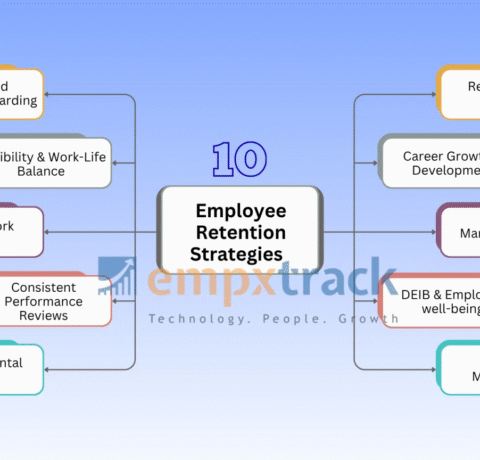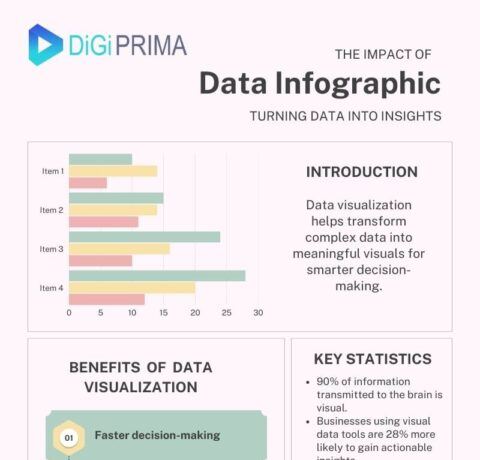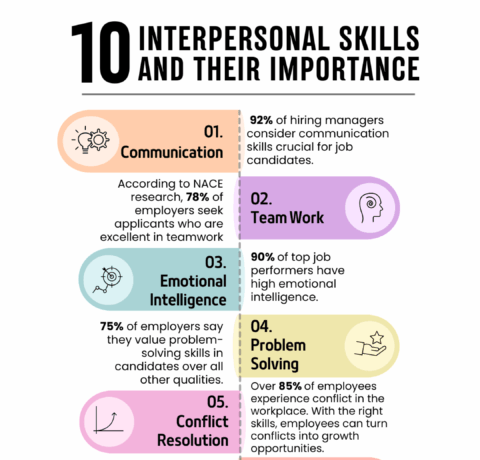Why Learning Is Harder When You're Poor: The Impact of Poverty on the Brain
Did you know? A child’s family situation and socioeconomic status can cause differences in the brain that impact literacy, cognitive function, and more. But these gaps and deficits can be overcome. Check out the Why Learning Is Harder When You're Poor Infographic to learn more about how poverty impacts learning and to learn about intervention strategies.
BABIES born into poverty are more likely to be exposed to poor nutrition, environmental toxins and violence. These outside stressors can affect brain development and learning.
INCREASES in parental education and family income are linked to increases in the surface area of numerous brain regions, including those used for language and executive function.
VOCABULARY By age 4, children in poverty hear 13 million words spoken in the home. Those in working-class families hear 26 million and kids in a professional family hear 45 million words.
ONGOING TRAUMA such as food insecurity and unstable housing can hurt the development of neural connections, which regulate emotion and impulse control.
IMPAIRED FLEXIBILITY Being impoverished affects the development of the prefrontal and limbic systems of the brain, affecting the ability to switch gears, multitask and change strategies based on feedback.
LESS GRAY MATTER Low-income kids showed 7% to 10% less gray matter in three key areas of the brain used for academics: the frontal lobe (executive function), the temporal lobe (memory and language), and the hippocampus (long-term memory).
DYSLEXIC SIMILARITIES Research shows that the brain structures of low-income children reflect many of the same patterns as those with dyslexia.







You can adjust your cookie preferences here.